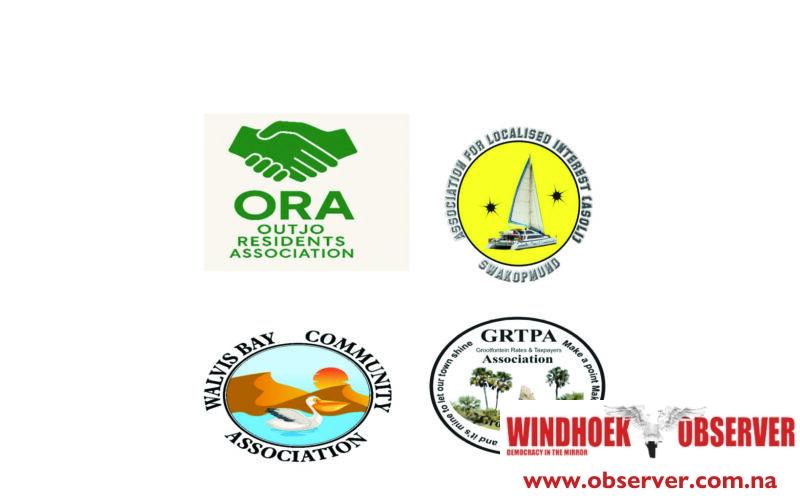Hertta-Maria Amutenja
Four local associations in Namibia have applied for registration with the Electoral Commission of Namibia (ECN), signalling a growing mobilisation ahead of the next local authority elections.
A government gazette published on September 11, 2025, lists the Association for Localised Interest—Swakopmund (ASOLI-Swakopmund), Walvis Bay Community Association (WBCA), Outjo Residents Association (ORA), and Grootfontein Rates and Taxpayers Association (GRTPA) as applicants under Section 148 of the Electoral Act, 2014.
The notices were signed by ECN chief electoral officer Peter Shaama on 5 September and published six days later.
The gazette includes details of each association’s office-bearers, addresses, membership numbers, and ballot symbols. It allows 30 days for objections.
“A registered association or organisation or any other person who wishes to object to any name published in this notice as a member who signed the declaration…may, within 30 days from the date of publication of this notice, lodge such an objection at the office of the Electoral Commission,” it states.
The Outjo Residents Association submitted the largest support, with 454 member signatures. ASOLI-Swakopmund provided 312 signatures, WBCA 261, and GRTPA 259. The chairpersons are Uahimisa Kaapehi (ASOLI-Swakopmund), Elvis Rodney Goseb (WBCA), Desmond Moses Hoeseb (ORA), and Joeg Schloeder (GRTPA). Each association also listed secretaries, treasurers, and additional members with residential addresses.
ECN currently lists 18 registered associations and organisations on its website. Registered groups or individuals may contest the names, abbreviations, symbols, or membership lists of the new applicants.
The Electoral Act requires that associations submit a declaration signed by members on the local authority voters’ register before their details are published in the Gazette.
Political analyst Ndumba Kamwanyah said the increase in local associations reflects greater citizen engagement.
“The rise in local associations shows that more citizens want to get directly involved in solving local issues. People are no longer just relying on national parties; they want their voices heard at the community level,” he said.
He added that these associations could reshape the political space.
“These associations could challenge traditional parties by taking away some of their support. Voters might choose local groups because they feel they understand their needs better. On one hand, it’s a sign of stronger grassroots democracy because people are organising themselves. On the other hand, too many small groups could split the vote and make decision-making harder.”
If approved, the four associations will join the ranks of community groups able to contest in local authority elections.




